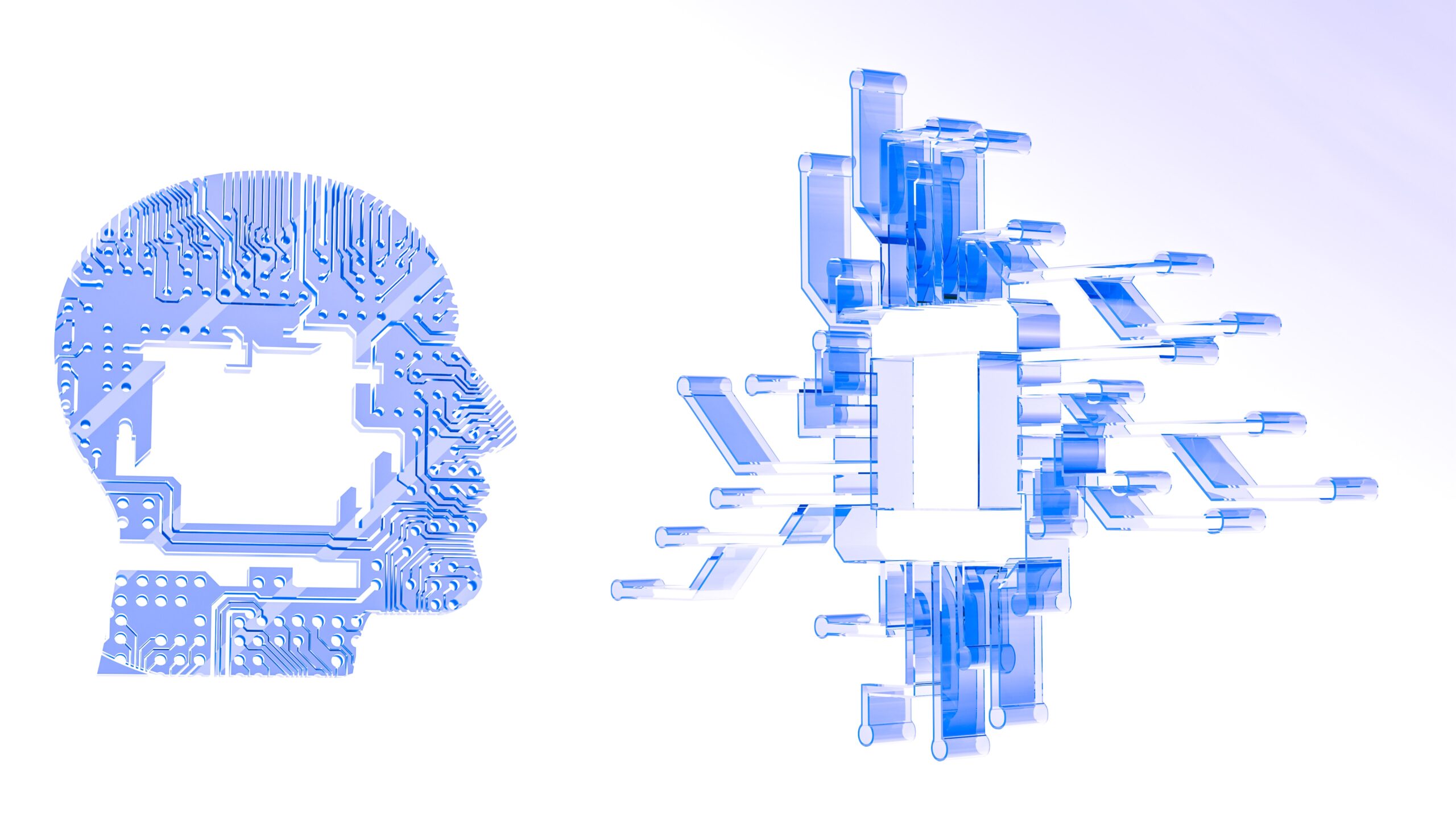Our “interconnected” innovation has a new logo

This year, Duneditorial starts with a new feature, becoming the newsletter of the entire Dune Group. The format has become more streamlined and dynamic, giving space to the innovation that all the companies in the group bring to businesses, and especially to the interviews and voices of its protagonists, starting with our employees. Our insights on technologies and scenarios for data-driven companies remain of great interest, but we have expanded our view to adjacent topics such as energy transition and talent care. Today, we also have another novelty: a new graphic design for our newsletter that features the newly launched logo, highlighting the reorganization of the Group that makes the different Business Units increasingly interconnected. The new logo features bolder colors and a central gradient that recalls the sunrise and sunset, symbols of continuous renewal. In the spirit of our Off Site motto, “todo cambia“, we have abandoned the sandy desert hues of Herbert’s world to move to a font with defined contours and vibrant colors.
Similarly, we would like to make the debate on IT central themes vibrant. 2023 is undoubtedly the year of Artificial Intelligence: conversational and generative AI, exemplified by the product ChatGPT developed by the Californian company OpenAI (financed and allied with), has been at the forefront. ChatGPT has entered the discussion on privacy and data security, as well as the even more delicate one concerning algorithm transparency and their “interpretability” – a theme that Dune has always been committed to, offering its data products based on understandable data processing, where the individual retains control over their origin and the mechanism that led to the final output. DUNE is also working on a CHATBOT capable of harnessing the power of CHAT GPT and LLM Engines to provide a human-like and highly personalized service.
But we have gone beyond in our reflections, talking about two essential themes for companies’ ability to attract and retain talent: smart working and work-life balance. We apply these practices internally and try to bring our experience to customers as well: without flexibility and opportunities for growth and well-being, IT resources are difficult to retain. The job market is competitive, and technological skills are highly demanded: that’s why we have also written a “provocative” newsletter talking about available job opportunities, referring to the many hi-tech professions that companies crave. We have also shed light on the phenomenon of digital nomadism: the choice of many professionals to work remotely, changing location at their discretion, or returning to their hometown, even if far from the physical offices of the company they work for.
On sustainability, we have focused on energy: in a context of geopolitical tensions and rising commodity prices, data, once again, is king because it enables control, predictability, and efficient use of resources through energy management and AI.
Digital Transformation: A Matter of Leadership

Retaining IT talents also depends on executives. But how can you be a digital leader capable of producing business results through technology? Two Gartner analyses have identified the essential qualities for making IT strategic.
First and foremost, the digital transformation leader must know how to think as a pioneer and look beyond company boundaries. Gartner coined the term “digital dragons” to refer to managers who can seek value beyond their specific industry to invent new sectors and redefine value. Digital strategies stem from a “market disruption” mentality.
Moreover, digital is not the end but the means to create value. Digital tools should be implemented following the logic behind the product or service’s value proposition offered to the market. In other words, technologies are chosen based on their functionality in achieving business objectives, such as customer-centricity, market share expansion, and revenue growth. Digital is the tool that allows for on-demand services, super-personalization, dynamic pricing, and real-time applications, as highlighted by Gartner.
Lastly, one must not lose focus on the opportunities created by technology: the digital leader must be a bit “nerdy” and very passionate about hi-tech to remain innovative.
The success of the digital team and strategies also depends on more soft leadership elements, particularly what is defined as “human” guidance that supports people. Gartner describes it as authentic, empathetic, and adaptable.
The Era of Artificial Intelligence: What is the Future of Human Identity?

As is customary in our summer newsletters, we want to recommend some reading for your holidays. In line with the debate on artificial intelligence, we found the book “The Age of AI. And our human future” by Henry A. Kissinger, Eric Schmidt, and Daniel Huttenlocher particularly interesting. It was released this year in Italy by Mondadori under the title “The Era of Artificial Intelligence. The Future of Human Identity.”
The AI revolution is compared to the printing revolution in 15th-century Europe: it will give us access to new information, leading to spectacular scientific and economic progress and transforming the world. However, it will be challenging to determine its impact on the forms of thought.
According to former US Secretary of State Henry Kissinger, former Google CEO Eric Schmidt, and computer scientist and MIT dean Daniel Huttenlocher, AI can alter knowledge, perception, reality, and, consequently, the course of history, and it could do so with harmful or unpredictable outcomes for humanity because it is not governed by moral concepts that contain and limit it.
“Artificial intelligence is not human. It does not hope, pray, or have feelings. Nor does it have awareness or reflective capacity. It is a human creation, reflecting human processes on machines created by humans,” the book reads. In some cases, “on a scale and with exceptional speed, it produces results that come close to those that have so far been achieved only through human reasoning. Individuals and societies that embrace artificial intelligence as a partner to expand their abilities or pursue certain ideas may be capable of achieving feats—scientific, medical, military, political, and social—that will eclipse those of previous eras. However, when machines that approximate human intelligence are considered a key element in achieving better and faster results, reason alone can end up seeming archaic. After defining an era, the exercise of individual human reason could see its meaning transformed.”
In their essay, Kissinger, Schmidt, and Huttenlocher not only explain what artificial intelligence is but also try to paint possible future scenarios it could create as it is capable of determining geopolitical balances. “By helping humanity navigate through the totality of digital information, AI will open up scenarios of knowledge and understanding without precedent,” the authors write. “Or, its discovery of patterns in masses of data could produce a series of axioms accepted as orthodox by continental and global network platforms. This, in turn, could diminish the human ability to investigate with the skepticism that has characterized our era.”
Artificial intelligence will be invisible, integrated into everyday life, and shape our experiences. But we will have to establish to what extent to accept its influence: in some cases, it might be more appropriate to limit artificial intelligence—such as in the military context, the authors write—while other times, we will collaborate with it—such as in automatic driving—and still, other times, we will completely rely on it—such as in reading diagnostic images that potentially save patients’ lives. “For each application, humans will have to chart a course: in some cases, that path will evolve,” observe Kissinger, Schmidt, and Huttenlocher, “as artificial intelligence capabilities and human protocols to verify AI results also evolve.”
Food for thought…
- The five characteristics of a digital transformation leader according to Gartner are available here. On the other hand, the concept of “human” leadership is discussed here.
- Speaking of leadership, a couple of books by Mary Parker Follett, considered the mother of modern management, are worth mentioning: “L’esperienza creativa” published by Ediesse, and “Prophet of Management,” a collection of texts edited by Paul Graham. “Leadership is not defined by the exercise of power but by the ability to increase the sense of power among those being led. The most essential work of a leader is to create more leaders,” wrote Parker Follett.
- “Capitalismo immateriale. Le tecnologie digitali e il nuovo conflitto sociale” by Stefano Quintarelli, published by Bollati Boringhieri in 2019. Immaterial economy is an economy in which producing, reproducing, storing, and transmitting information “costs nothing,” but it establishes intermediations with different rules, bringing epochal changes to our daily life that politics (and thus citizens) must learn to manage and govern.
Interesting Podcast…
- Here are some suggestions related to another key theme of the year, energy, and sustainability: “Cara energia”, the podcast by La Svolta, and “L’alfabeto della sostenibilità”, the podcast by Il Sole 24 Ore.
Leave a Reply